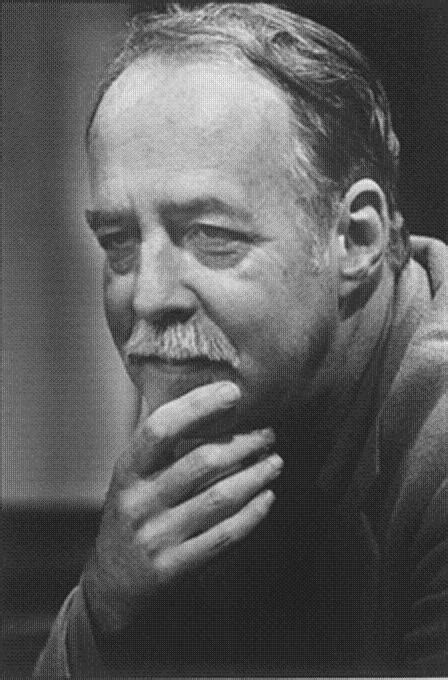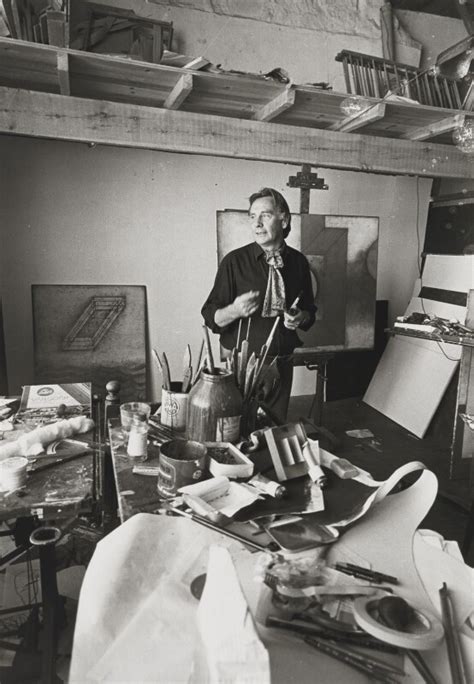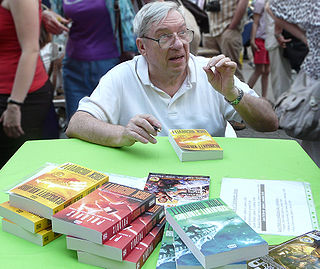A Quote by Ludwig Wittgenstein
My work consists of two parts: of the one which is here, and of everything which I have not written. And precisely this second part is the important one.
Related Quotes
A great deal of the joy of life consists in doing perfectly, or at least to the best of one's ability, everything which one attempts to do. There is a sense of satisfaction, a pride in surveying such a work, a work which is rounded, full, exact, complete in all its parts-which the superficial man, who leaves his work in a slovenly, slipshod, half-finished condition can never know. It is this conscientious completeness which turns work into art. The smallest thing, well done, becomes artistic.
If the structure that serves as a template (the gene or virus molecule) consists of, say, two parts, which are themselves complementary In structure, then each of these parts can serve as the mould for the production of a replica of the other part, and the complex of two complementary parts thus can serve as the mould for the production of duplicates of itself.
There is a struggle inside you between these two parts. It's as if at times your heart becomes a battlefield! The secret part, full of light, seems so small and weak in the face of the discouraging and morbid part, which seems enormous and overwhelming. However, if you light a small candle in a dark room, everything is lit up. It is a matter of trusting in this little light in the deepest part of your being which can gradually chase away the darkness.
To me, the coolest riffs are composed of two guitar parts that interlock like gears. You need both parts to make whole. I work things out on an electric that's not plugged in to make sure a good tone isn't forgiving a part that couldn't stand up naked. Only after the parts are written will I struggle to find a tone that supports the creativity.
As Harvard developmental psychologist Robert Kegan, who has studied Bridgewater, says, in most work places everyone is working two jobs. The first is whatever their actual job is; the second consists of managing others' impressions of them, especially by hiding weaknesses and inadequacies - which is an enormous waste of energy.
The soul consists of two parts, one irrational and the other capable of reason. (Whether these two parts are really distinct in the sense that the parts of the body or of any other divisible whole are distinct, or whether though distinguishable in thought as two they are inseparable in reality, like the convex and concave of a curve, is a question of no importance for the matter in hand.)
The unphilosophical and philosophical attitudes can be very sharply distinguished (with scarcely any intermediate forms) by the fact that the first accepts everything that happens as regards its general form, and finds occasion for surprise only in that special content by which something that happens here today differs from what happened there yesterday; whereas for the second, it is precisely the common features of all experience, such as characterise everything we encounter, which are the primary and most profound occasion for astonishment.








































